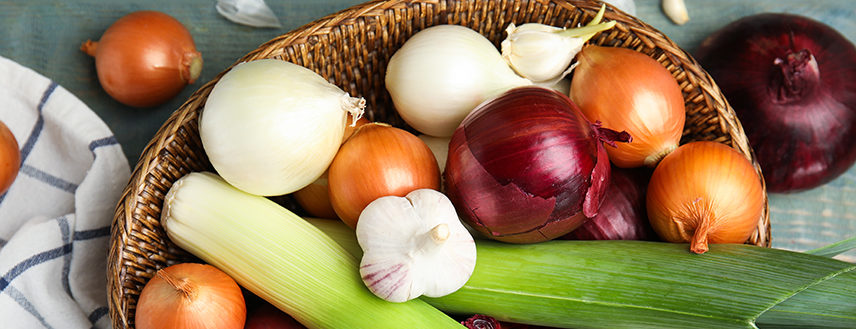
Irritable bowel syndrome, or IBS, is a group of symptoms that affect your digestive system. It’s a common but uncomfortable gastrointestinal disorder. People with IBS often experience excessive gas, abdominal pain, and cramps.
IBS is considered a functional gastrointestinal (GI) disorder. These conditions are caused by problems in how your gut and brain work together. In turn, they lead to a very sensitive digestive tract. They also change how your bowel muscles contract. The unpleasant result is abdominal pain, diarrhea, and constipation.
If you’ve been diagnosed with IBS, it’s likely that some foods cause you more trouble than others. Try limiting your intake of these foods to help manage your symptoms:
- Dairy – More specifically, dairy containing high amounts of lactose. Lactose is found in milk and other soft dairy products like cottage cheese, ricotta cheese, sour cream and ice cream.
- High Fructose Fruits – All fruits contain fructose, but some contain more than others. Fructose commonly causes issues for those with IBS. High fructose fruits include watermelon, apples, pears, dried fruit and fruit juices.
- High Fructan Vegetables – Some vegetables are naturally high in fructans, a carbohydrate that people with IBS find difficult to digest leading to abnormal bowel movements and gas. Many of the cruciferous vegetable family such as broccoli, cauliflower, and cabbage are problematic for most people, as well as onions, garlic, leek, asparagus and artichokes.
- Legumes/Beans – Legumes and beans contain indigestible carbohydrates, making them great sources of fiber, but not so great for sensitive digestive systems. Baked beans, lentils, chickpeas, and soybeans may all cause problems.
- Polyols – Polyols are found naturally in some foods such as mushroom, but they’re more commonly found in ‘sugar free’ processed foods with artificial sweeteners ending in ‘ol’ such as xylitol, sorbitol, mannitol.
Unfortunately, IBS varies greatly from person to person and takes a lot of trial and error to find out what foods may be your personal triggers. Some IBS sufferers have also found great success in taking a high quality enzyme supplement.

Leave a Reply